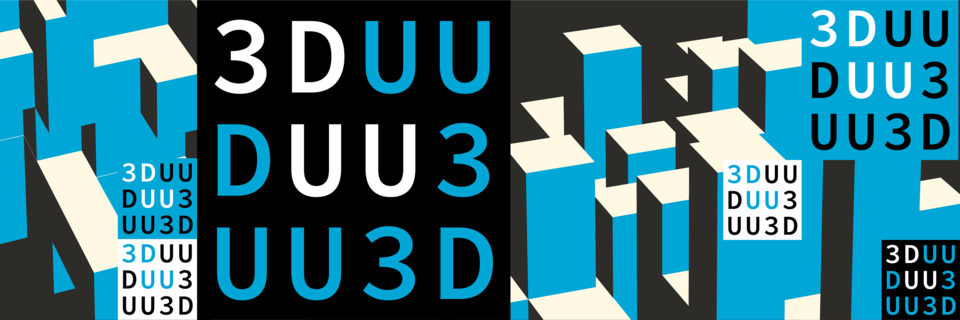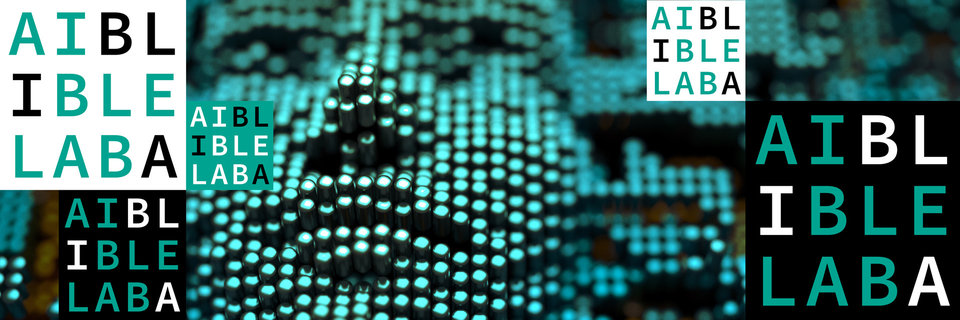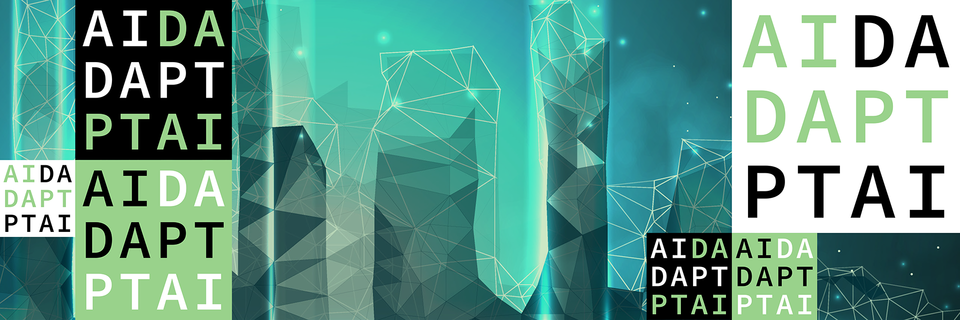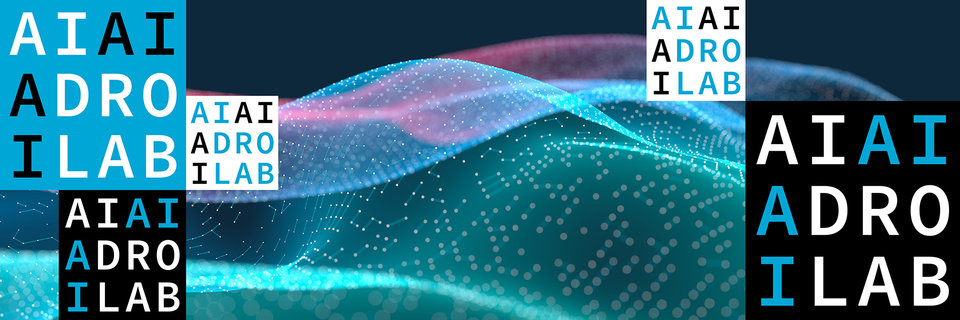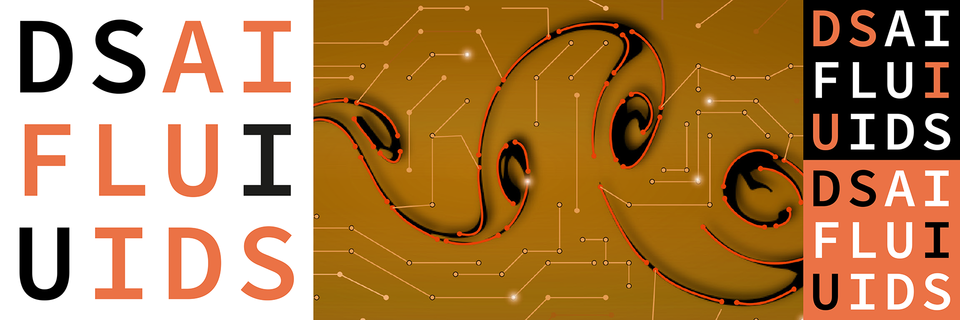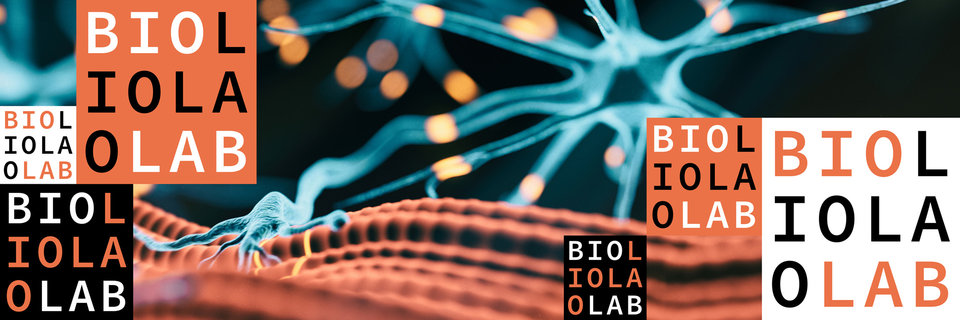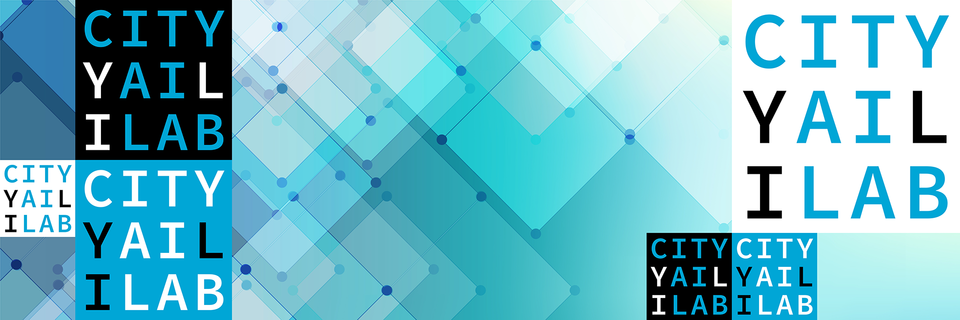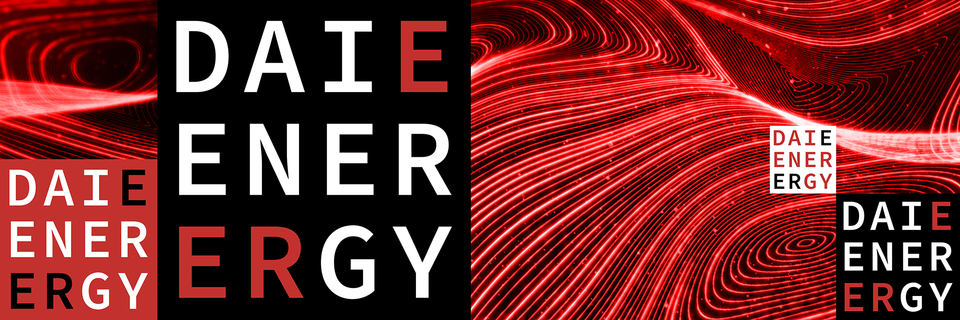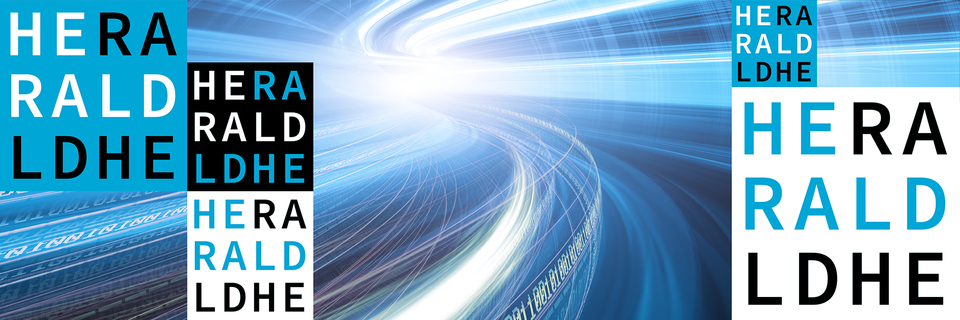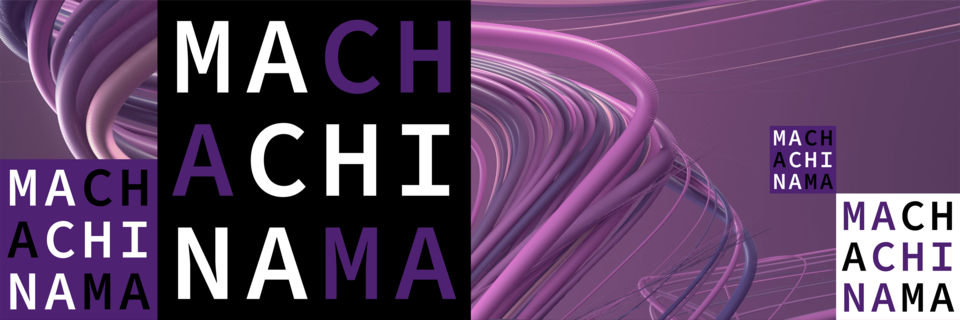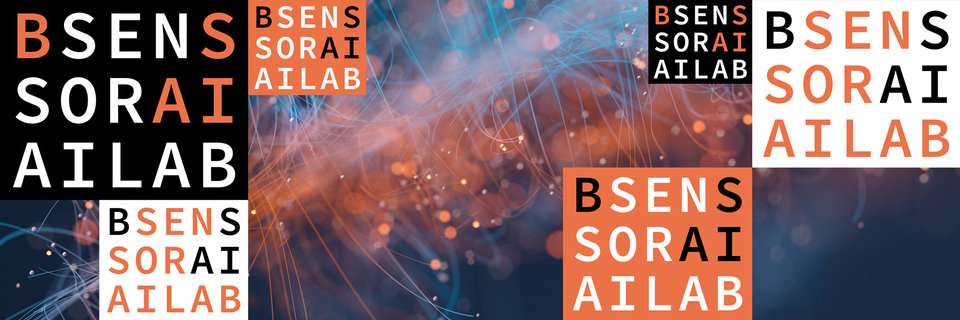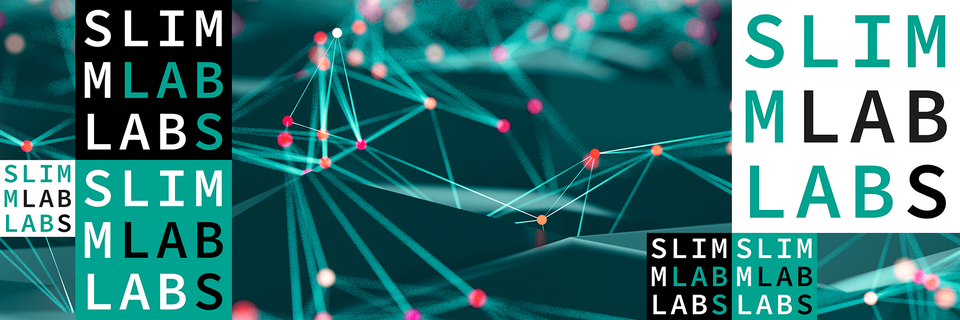Our world is become ever-more data-driven. The data we collect has the potential to improve decision making throughout all aspects of society, ranging from disease treatment to improvements of logistical processes or traffic flows. For existing machine learning techniques, it’s important to make an impact on real-world systems - such as improvements to data access, use, quality, labelling, sensitivity, security, and prediction. TU Delft is working to contribute towards making machine learning techniques more effective and easier to use, so they have a positive impact on everyone’s quality of life.
Fundamental & applied
Machine learning has been one of the most impactful paradigms in AI in recent years, so it isn’t surprising that it has found a place in almost every discipline studied at TU Delft. In that sense, we can classify two types of research: ‘IN’ machine learning research (focused on fundamental machine learning techniques) and ‘WITH’ machine learning research (applying and extending existing techniques). By combining fundamental and applied machine learning, we can push boundaries. This is where innovation and applications meet, and where the magic happens!
We are proud to be part of ELLIS, the European network of excellence in the area of machine learning and AI. Our ELLIS Delft unit brings together much of our ‘IN’ machine learning research. It focuses on using learning techniques as a key enabling technology to deal with complex tasks, and making intelligent systems adapt to their environment, including social circumstances.
Learning in non-static and/or interactive environments
Our research into interactive learning paradigms (such as reinforcement learning, active learning and causal inference) aims to predict how decisions affect outcomes, and to find modular descriptions of the environment that are more resilient against potential biases.
Learning from complex data
Gathering meaningful information from complex data in non-standard settings is extremely hard. TU Delft has addressed this issue by developing algorithms for image processing; learning predictive models of software; graph neural networks; and active learning strategies for irregular data.
Deep Learning and representation learning
Across various groups at TU Delft, different algorithms are being developed that can help understand latent representations for images and for speech to understand these representations and to help explain the decisions of the ML algorithms.
Security, Safety, and Robustness of ML
TU Delft is focusing on adversarial learning scenarios, and fundamental questions such as, “Will more data always lead to better performance?” In security and safety, it is imperative that models are resilient to manipulation. We try to develop such models that will stimulate the adoption of ML solutions in critical systems.


